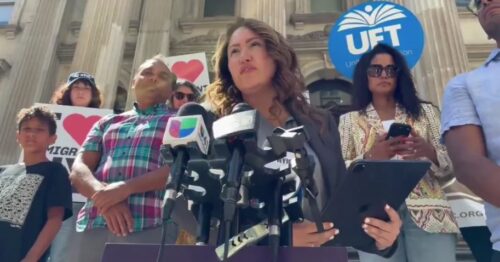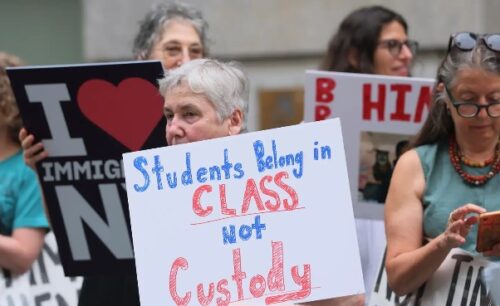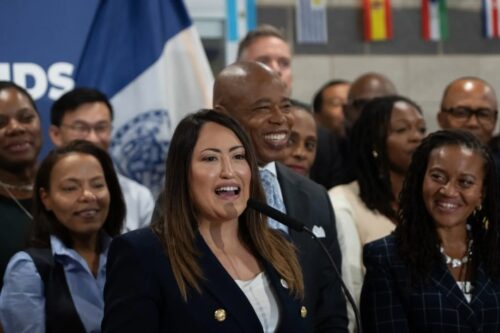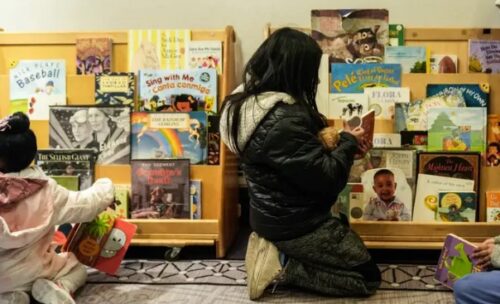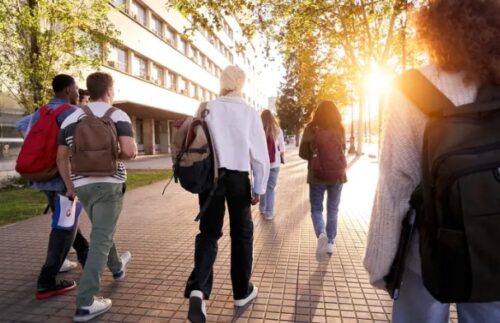

AFC has been protecting and promoting the educational rights of students since 1971. As a result, we have unparalleled experience and expertise in education issues, particularly in New York City schools. AFC has many stories to tell, as we assist thousands of families each year who are struggling to obtain a quality education. We are a recognized leader in school reform efforts, and we bring together community-based organizations, parents’ groups, and government agencies to address systemic problems and improve outcomes and options for all students.
Stay connected: sign up for our weekly Blackboard Bulletin
1212 Results Found

